News from the Institute for International Trade
Search news stories
Enter a keyword to search news.
Kick-starting international travel, tourism, and trade: A roadmap for the Morrison government
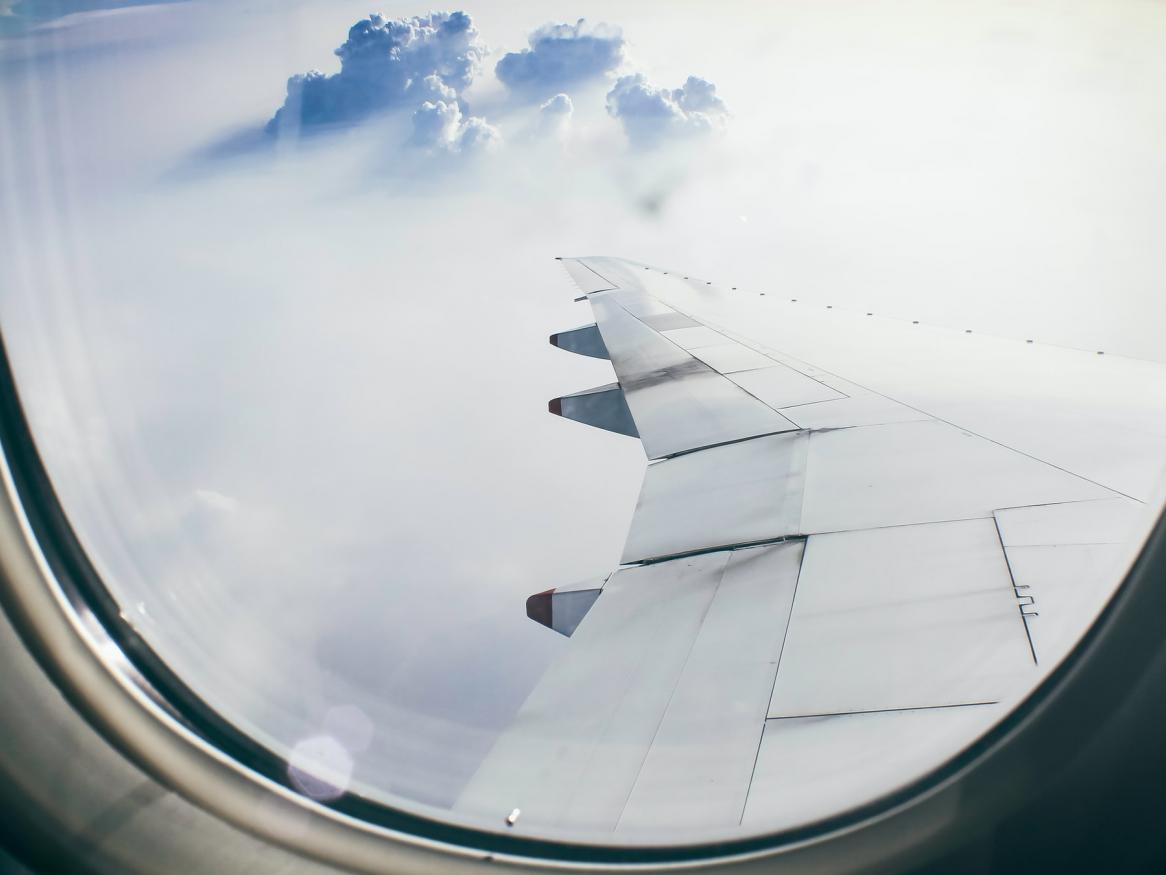
Simon Lacey, Senior Lecturer, Institute for International Trade
We are all looking forward to restarting our economy or getting out from under the doona as Prime Minister Scott Morrison colourfully put it. And we are all hoping for a return to the work lives, social existences, and economic freedoms we enjoyed and thoroughly took for granted before March 2020.
Is Competition from China So Special?
Dr Benedikt Heid, Senior Lecturer - School of Economics The University of Adelaide
The rapid increase in China’s exports in recent decades has led to concerns that they are displacing other countries’ exports. As the sophistication of Chinese exports has increased, the concerns are now shared by high-income countries including Australia.
In a new Discussion Paper (Is Competition from China So Special?), Dr. Benedikt Heid from the University of Adelaide School of Economics and two co-authors from Spanish universities analyse Spanish exports from 1997 to 2016.
Jean Monnet Network: Trade and Investment in Services Associates (TIISA) Research Grants - Round 2
The TIISA Network is currently offering research grants of between €500 - €5000 to support research in the field of trade and investment in services and which improves knowledge of or contributes to the process of European economic integration in services.
Industrial Subsidies, market competition, global trade and investment: Towards a research agenda
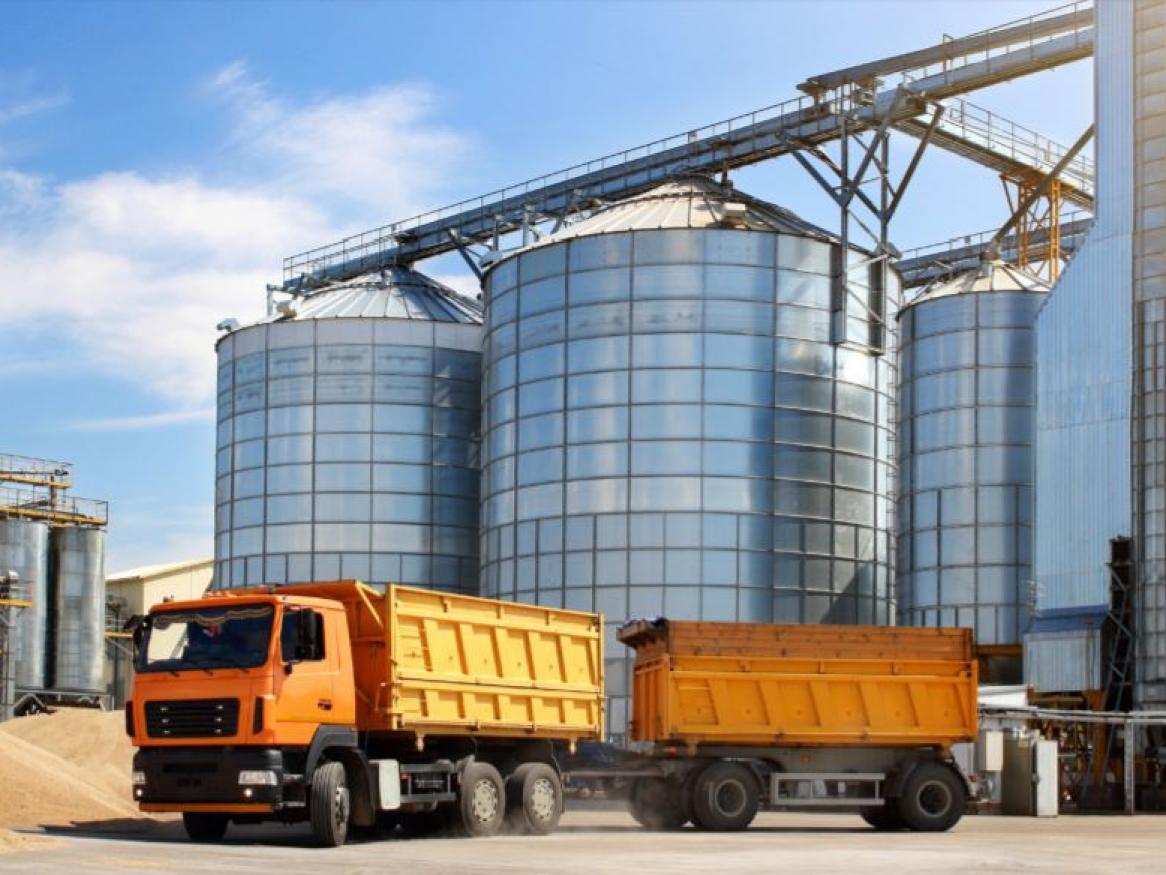
Subsidization by states of their domestic industries to gain competitive advantage abroad is a perennial topic in international trade discussions. As the world moves into a multipolar environment and China rises in economic prominence, the rules governing subsidies, particularly to the industrial sector, are in the spotlight.
Global Trade Cooperation after COVID-19: Can the G20 contain disintegration?
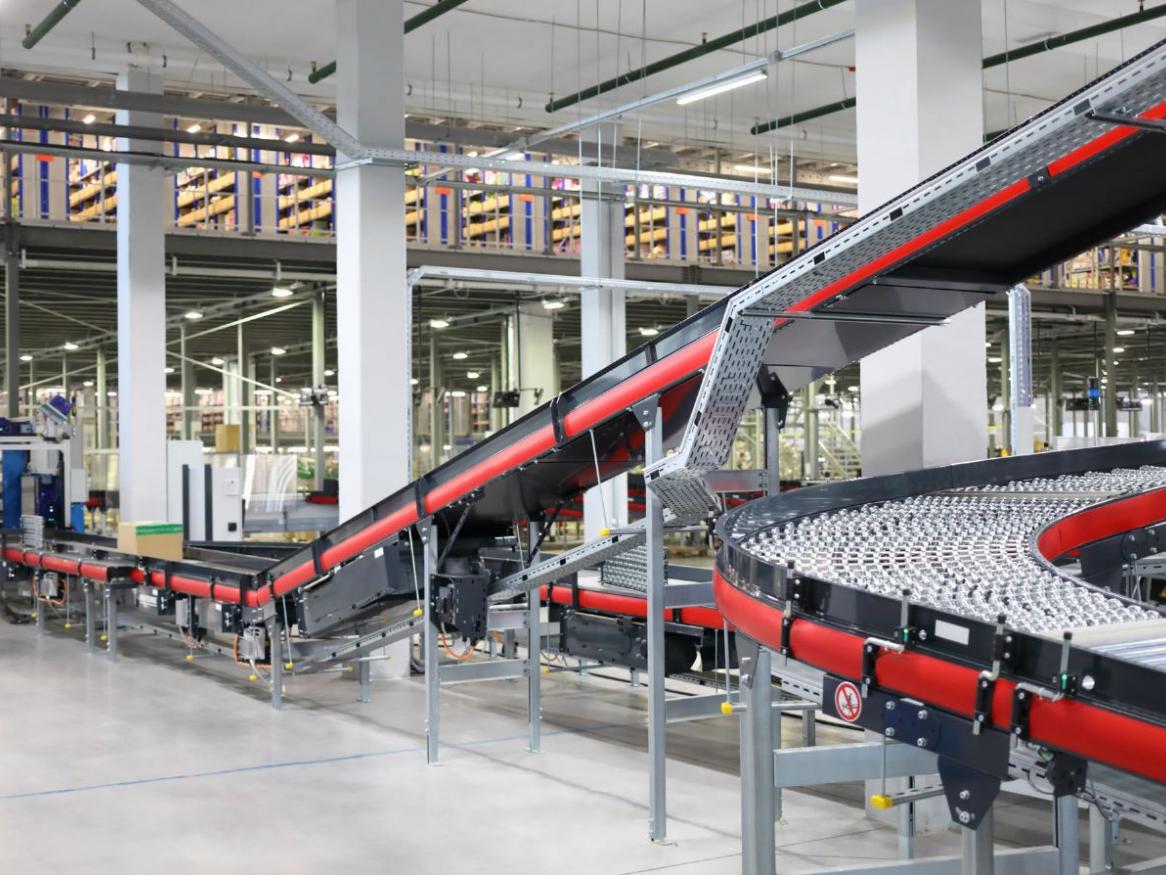
By Professor Peter Draper - Institute for International Trade
If ever the G20, the self-styled apex forum for international economic cooperation, needed to step up to the plate it is now. However, while it did so for the 2009 London Summit - in the eye of the Global Financial Crisis (GFC) - it is highly unlikely to this time. It is also not clear what the definition of success is, unlike the GFC when the core objective was to save Western financial systems from collapse. Each G20 country is correctly focused on managing its own health trajectory, with little policy bandwidth left to devote to international economic cooperation.
[Read more about Global Trade Cooperation after COVID-19: Can the G20 contain disintegration? ]
Digital technologies, services and the fourth industrial revolution
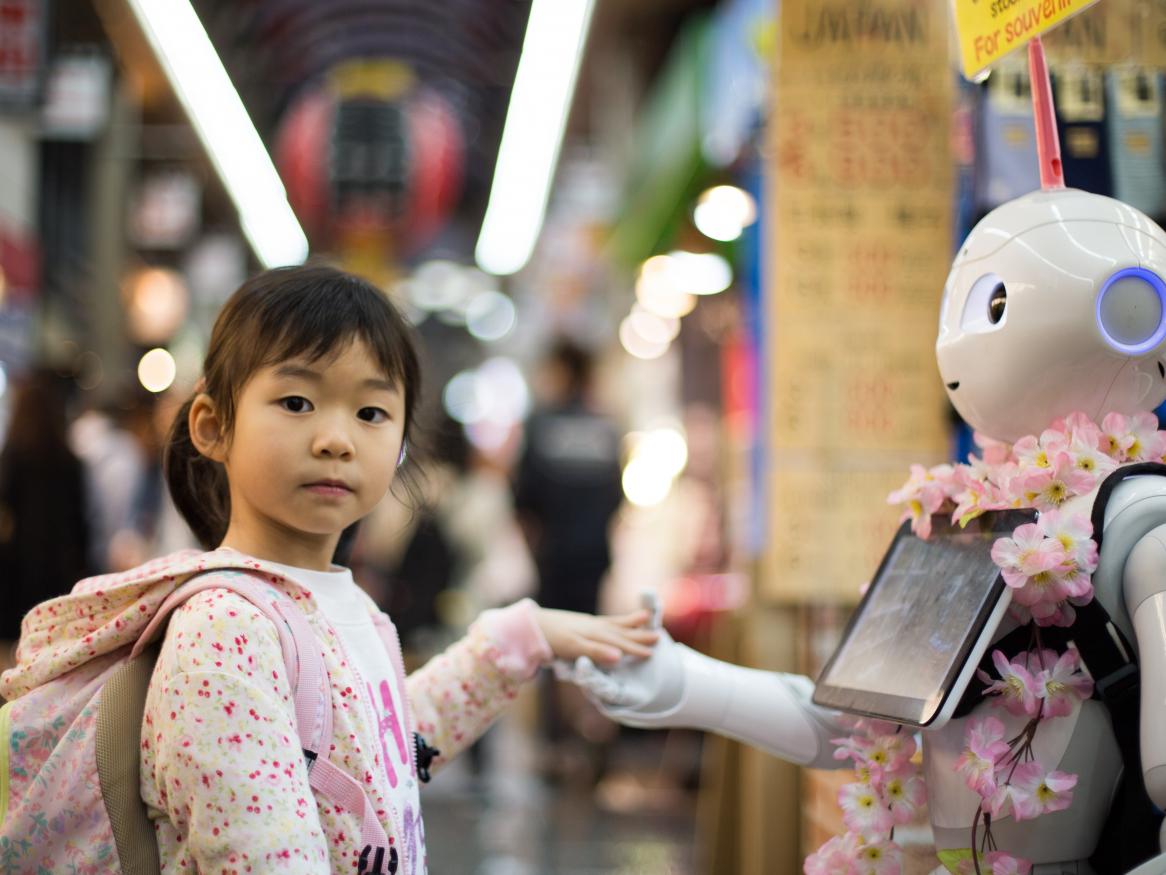
Jane Drake-Brockman, Industry Professor, Institute for International Trade, and Christopher Findlay, Emeritus Professor, Institute for International Trade
From 3D printing (3DP) and artificial intelligence (AI), to cloud computing, 5G, and the Internet-of-Things (IoT), digital technologies are prompting radical new business models offered through digital platforms that promise unparalleled productivity gains and global increases in standard-of-living. Adoption of new technologies is also impacting traditional demand and employment patterns in highly disruptive ways and radically altering the nature of consumer and business transactions. The changes underway raise major questions for traditional domestic regulatory settings and for trade, investment, innovation and industry policies for the digital age.
[Read more about Digital technologies, services and the fourth industrial revolution]
Back to autarky? How to respond to supply shortages in medical devices during the Corona-crisis

Andreas Freytag – Professor and Chair of Economic Policy, Friedrich Schiller University, Jena.
The ongoing covid-19 crisis has brought to the fore the vulnerability of societies relying on highly efficient global value chains (GVC) and single suppliers for specific goods. During the crisis, which first severely hit China as the central link in many GVCs, most countries have suffered a shortage of both simple and technologically complex medical devices (e.g. face masks and ventilators respectively). Fierce competition for these devices has emerged, leading to global tensions and trade restrictions, but also to a discussion about the organization of supply-chains and the need for national emergency stockpiling of medical devices.
Globalization; on hold or in reverse
Country after country has now imposed restrictions on international travel, and foreign trade is collapsing in tandem with falling demand and disruptions in supply chains. The coronavirus has put globalization on hold. But will globalization be reversing in the longer term? Magnus Lodefalk provides perspectives from research in international economics.
Ensuring Resilience of Global Supply of Essential Services in Combating COVID-19
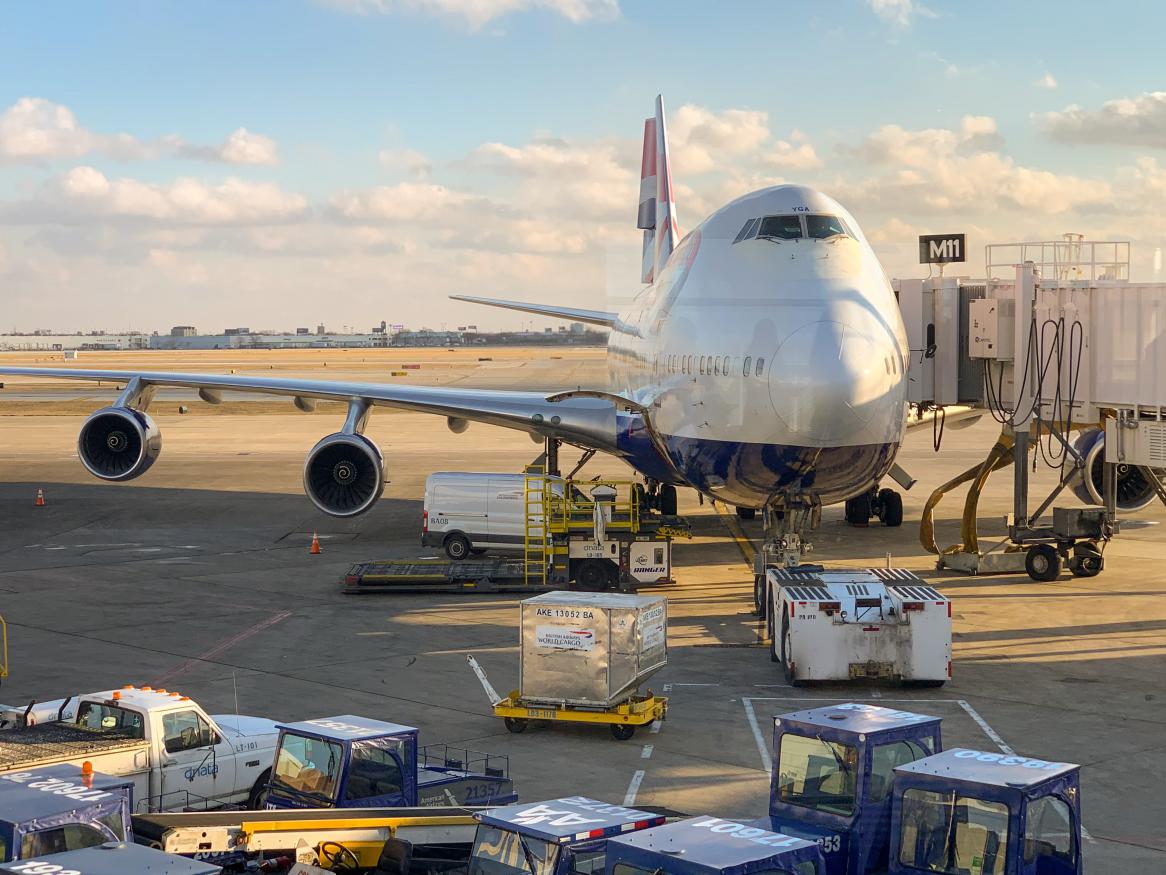
By The Global Services Coalition
As the world continues to grapple with the global COVID-19 pandemic, the members of the Global Services Coalition wish to express solidarity with the work of governments and international institutions to combat its spread. As associations representing all segments of the services industry, we call on governments to take a range of critical measures to maintain resilience in the supply of essential services during this time of crisis.
[Read more about Ensuring Resilience of Global Supply of Essential Services in Combating COVID-19]
COVID-19: Offering us a glimpse into the future of work, the global economy and technology
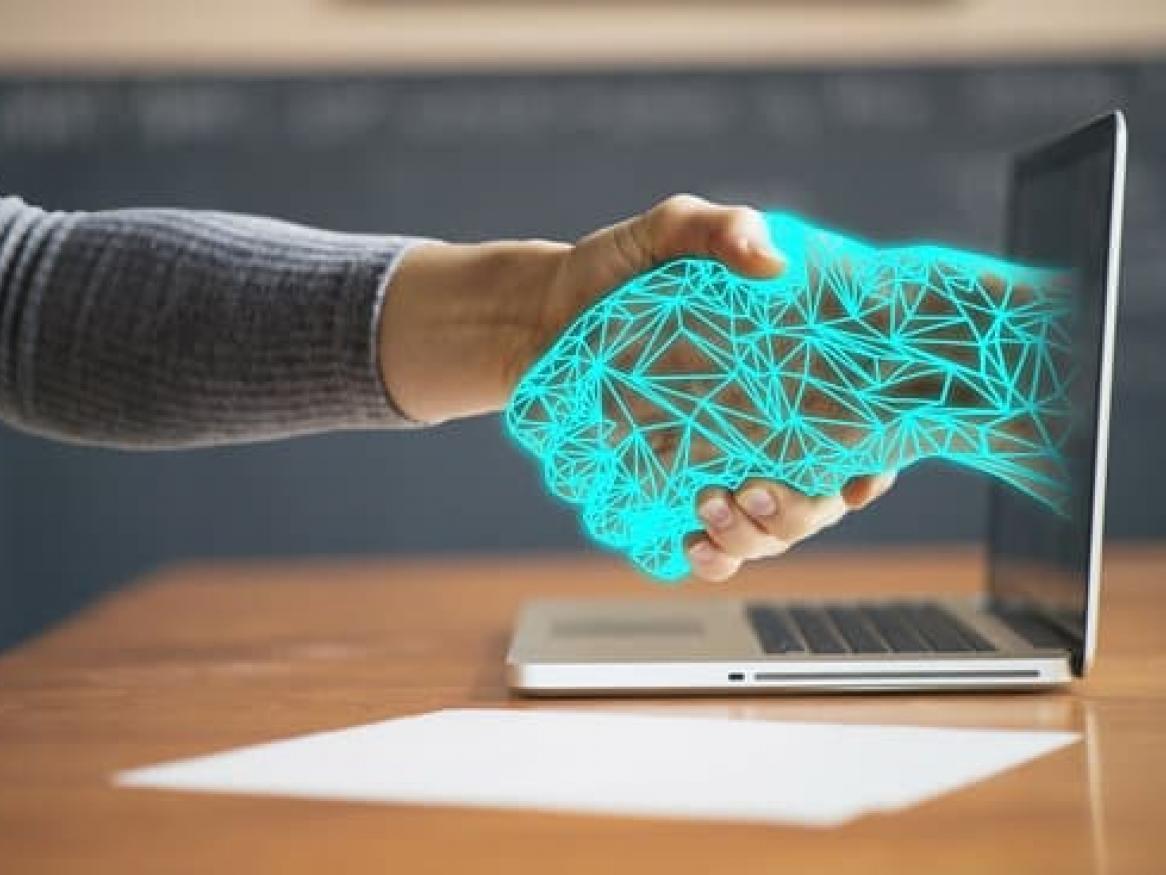
Simon Lacey - Senior Lecturer in International Trade, Institute for International Trade
COVID-19 has already exacted a horrific death toll in dozens of countries and is only going to get worse in the coming weeks and months. The same is true of the economic fallout it has caused. Soon political leaders will have to make extremely difficult choices as the trade-offs between saving lives and saving economies become even more stark.
This work is licensed under Commons Attribution-NonCommercial-NoDerivatives 4.0 International License.
IIT is a global leader in researching, analysing and commenting on International Trade.
Stay informed about our up-and-coming seminars, events, publications, awards, new projects and collaborations, and other exciting news.
